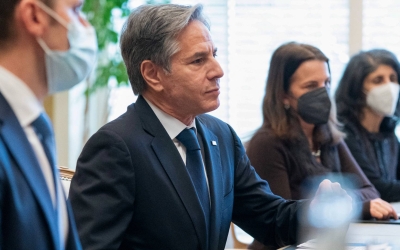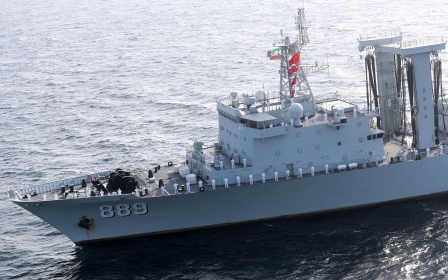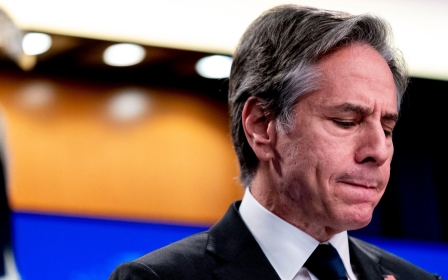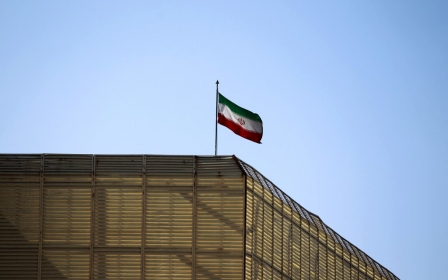Iran says it will consider direct US talks for 'good' nuclear deal
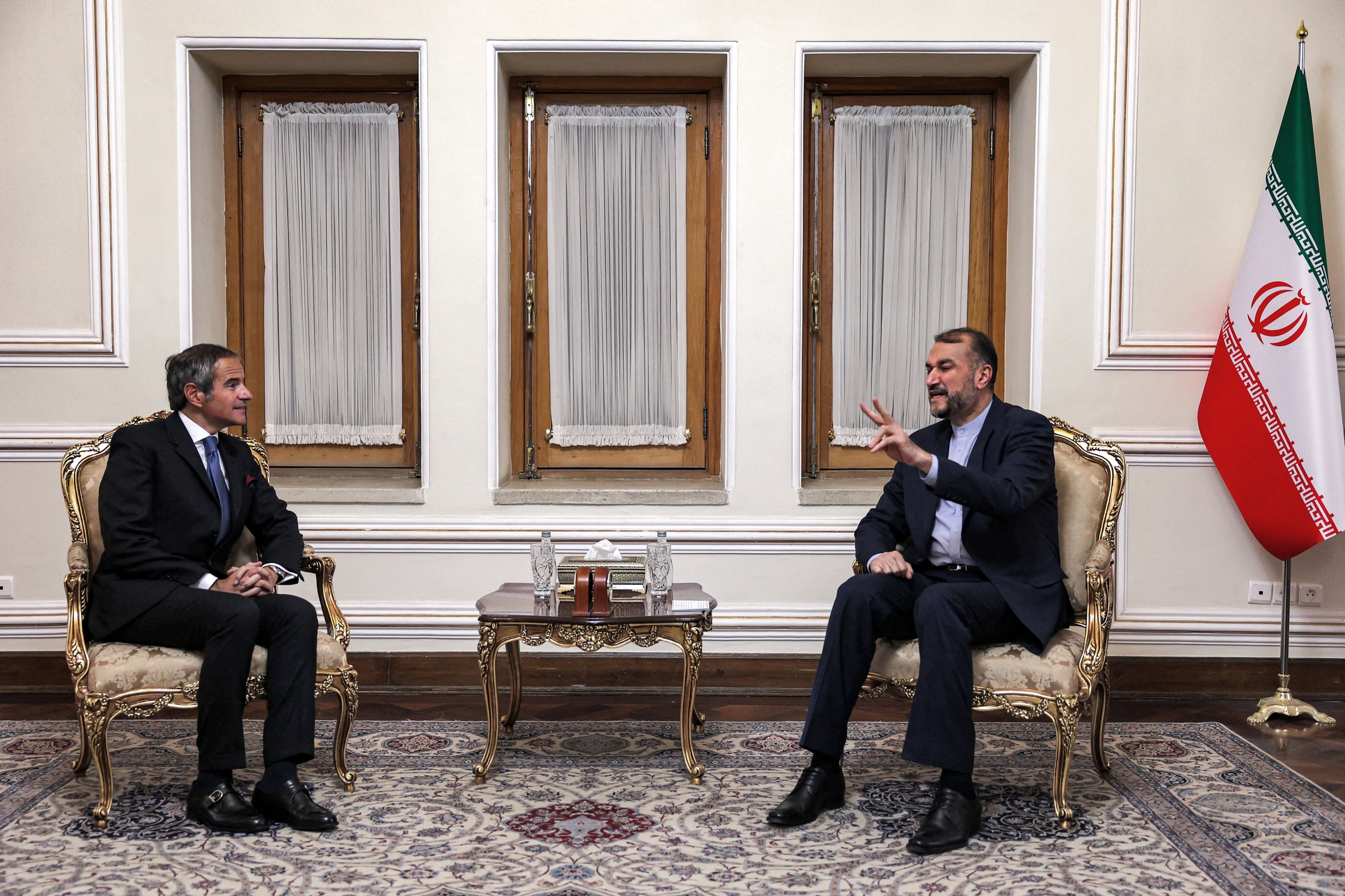
Iran will consider direct talks with the US during ongoing nuclear negotiations in Vienna, if that is required for a "good agreement", the Iranian foreign minister said on Monday.
"Iran is not currently talking with the US directly", Hossein Amir-Abdollahian said in televised remarks.
"But, if during the negotiation process we get to a point that reaching a good agreement with solid guarantees requires a level of talks with the US, we will not ignore that in our work schedule," he added.
Negotiations to revive the nuclear deal, also known as the Joint Comprehensive Plan of Action (JCPOA), resumed in late November after talks were paused in June as Iran elected its new president, Ebrahim Raisi.
The agreement - signed by Iran, the US, China, Russia, Britain, France and Germany - offered Tehran sanctions relief in exchange for curbs on its nuclear programme.
New MEE newsletter: Jerusalem Dispatch
Sign up to get the latest insights and analysis on Israel-Palestine, alongside Turkey Unpacked and other MEE newsletters
In 2018, former US President Donald Trump unilaterally withdrew from the accord and reimposed economic sanctions. After several months of maintaining compliance, Iran began rolling back its commitments in 2019.
Iran had previously stated that the US must "change course" and return to the nuclear deal, prior to any direct talks in Vienna between the two arch-foes.
"Our direct talks are with P4+1," said Amir-Abdollahian, referring to Germany and permanent Security Council powers France, China, Britain and Russia.
"And our indirect negotiations with the US currently are... via (EU diplomat Enrique) Mora and one or two other countries present at Vienna talks.
"Meanwhile, the US side is sending messages in different ways that it seeks a level of direct talks with Iran," he added.
Those remarks came after US special envoy for Iran Robert Malley said it was unlikely for Washington to reach an agreement unless Tehran releases four US citizens.
The four US citizens include Iranian-American businessman Siamak Namazi, 50, and his father Baquer Namazi, 85, both of whom were convicted of "collaboration with a hostile government".
Siamak remains in prison, while his father was released on medical grounds in 2018 but is unable to leave the country, according to his lawyer.
The two other US citizens are environmentalist Morad Tahbaz, 66, and businessman Emad Shargi, 57.
Earlier on Monday, Iran's foreign ministry spokesman said it was "possible" to reach an agreement on both the release of Iranian and US prisoners and the nuclear deal.
"They are two different paths, but if the other party (the US) has the determination, there is the possibility that we reach a reliable and lasting agreement in both of them in the shortest time," spokesman Saeed Khatibzadeh told reporters.
Middle East Eye delivers independent and unrivalled coverage and analysis of the Middle East, North Africa and beyond. To learn more about republishing this content and the associated fees, please fill out this form. More about MEE can be found here.


